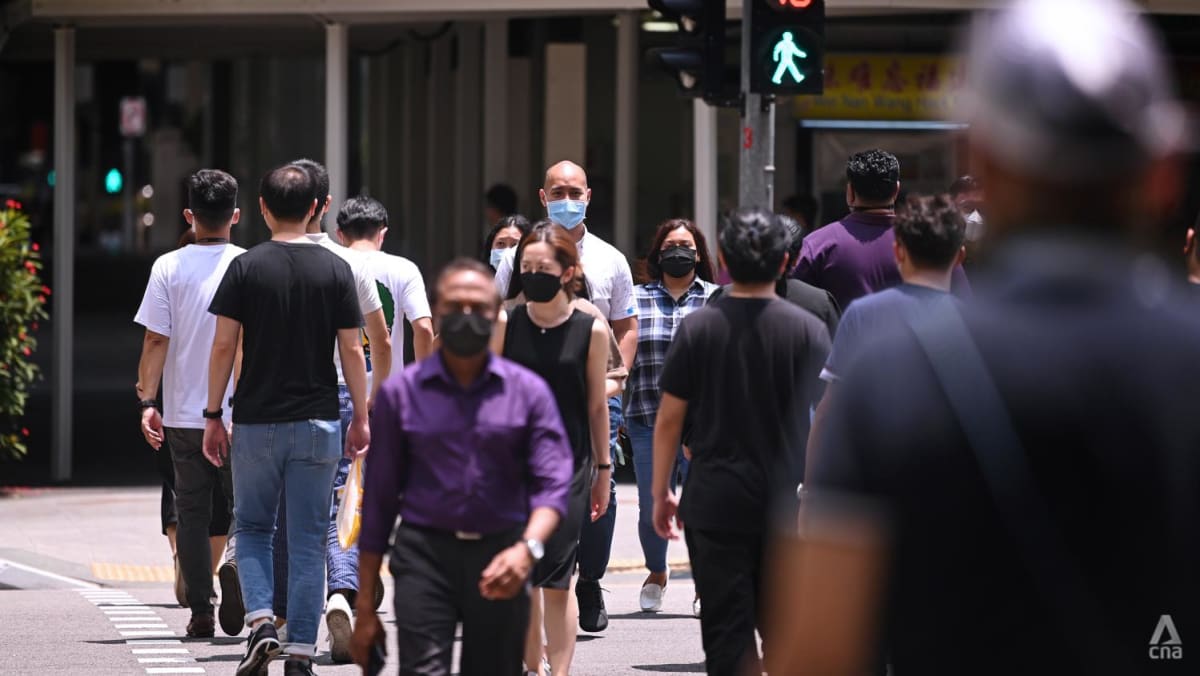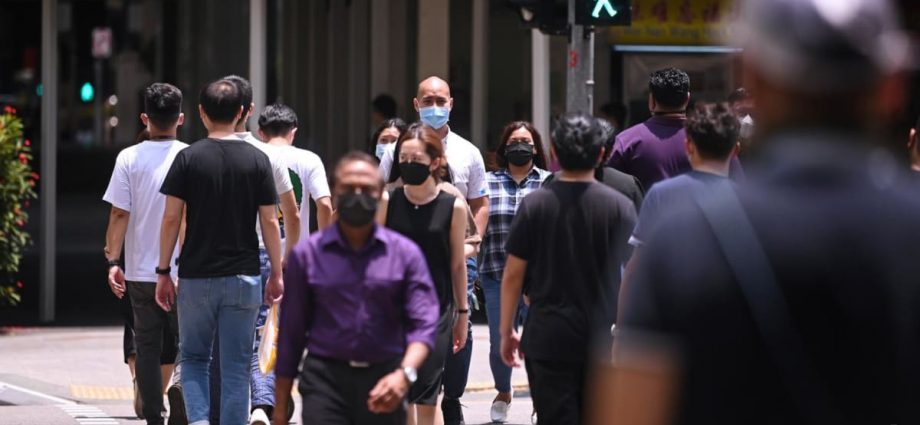
Dr Maria Van Kerkhove, an infectious disease specialist who serves as the technical lead for COVID-19 response at the World Health Organization said in a video posted on Twitter that “at the present time there are more than 300 sublineages of Omicron that WHO and (its) partners are tracking worldwide.”
“All of the subvariants of Omicron are showing increased transmissibility and properties of immune escape,” she said
Dr Van Kerkhove added that none of these subvariants are dominant and that there have been no change in severity in the BQ.1.1 and BQ.1 variants.
She however added that “it’s very early and we have very limited data to assess this”.
WILL BQ.1/BQ.1.1 CAUSE A COVID-19 WAVE IN SINGAPORE?
Dr Maurer-Stroh said he expects to see more BQ.1.1 globally in the coming weeks.
However, he added: “This may be less pronounced in Singapore since we just had a wave here and the levels of immunity in the population are higher.”
The BQ.1.1 variant is just one of several lineages currently circulating that has a new spike surface pattern compared to earlier versions, he said, adding that this makes it easier for these variants to infect and reinfect people.
Still, it is likely not more virulent as its rise can be explained by better ability to evade immune responses, said Dr Maurer-Stroh.
Dr Van Kerkhove said that countries need to be prepared and they need to be in a position to conduct surveillance, deal with increases in cases and perhaps deal with an increase in hospitalisations.
ARE CURRENT VACCINE RECOMMENDATIONS ENOUGH?
Yes, the recommendation for timely boosters would help prolong protective immunity, said Professor Lisa Ng, executive director at A*STAR’s infectious diseases labs.
Dr Fauci said that it is “somewhat encouraging news” that both strains are sub-lineages of the BA.5 variant, so “there are almost certainly going to be some cross-protection that you can boost up”.
Meanwhile, Dr Van Kerkhove also said that the current vaccines are effective.
“We (WHO) don’t see a change in severity yet and our vaccines remain effective, but we have to remain vigilant,” she said.
MOH previously said the current mRNA vaccines will be replaced by bivalent vaccines, as recommended by the expert committee on COVID-19 vaccination.
“The bivalent Moderna/Spikevax vaccine is based on the same original vaccine, with the same dosage for boosting,” it said.
The bivalent shots will be more effective than the original vaccine in triggering an immune response against newer COVID-19 variants, said Prof Ng.
MOH also said that those aged 50 and above should also receive an additional booster dose between five months and one year from their last dose, to keep up to date with their COVID-19 vaccination.

